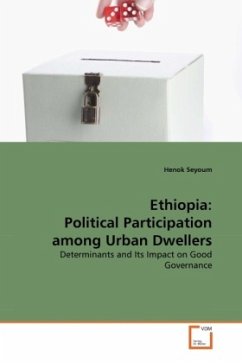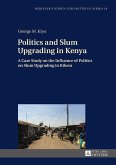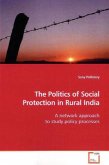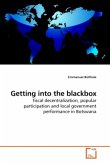Slum dwellers in Indian cities live in inhumane condition with lack of basic services, rights and secure livelihood. Livelihoods of slum dwellers have attracted the attention of researchers, planners and policy makers for last couple of decades. The study is an attempt to evaluate the livelihoods of slum dwellers to find out the presence of sustainable features and suggest strategies to establish and promote livelihood resilience, which will make it sustainable. This study employs the Sustainable Livelihood Approach (SLA) for analyzing the livelihoods of the dwellers in a selected slum community in Bhubaneswar, Orissa, India. This is one of a few studies around the World that uses SLA in an urban context. Majority of the dwellers are absorbed in the informal sector. Income uncertainty, natural disasters, low asset base make them vulnerable. The study reveals a close interrelationship between livelihoods, poverty and environmental condition. On the basis of the conducted analysis and obtained results, recommendations are made to take necessary steps that will bring more sustainable features into their livelihoods.
Bitte wählen Sie Ihr Anliegen aus.
Rechnungen
Retourenschein anfordern
Bestellstatus
Storno








